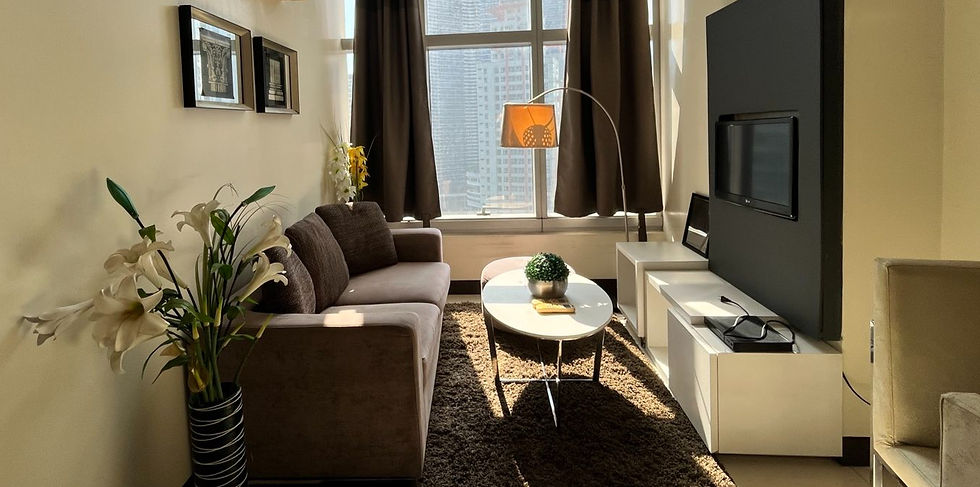Condominium Rights Transfer Flow: 4 Seller Guides for 2024
- bedandgoinc
- 2024年9月13日
- 読了時間: 3分
更新日:2024年9月16日
Date: September 13, 2024
In the bustling metropolis of Manila, the allure of condominium living has sharply risen, evidenced by the burgeoning skyline punctuated with high-rise residences. These vertical communities offer a blend of luxury, convenience, and accessibility, making them a coveted choice for urban dwellers—from young professionals carving out their first home to international expatriates embracing life in the Philippines. As more individuals and families opt for these modern abodes, understanding the nuances of condominium title transfers becomes essential. The process, though meticulous with its formalities and requisite paperwork, ensures that every condo owner gains legitimate ownership and the accompanying peace of mind.
1. Understanding the Types of Condominium Titles
In the Philippine real estate landscape, two primary types of titles govern condominium ownership:
Transfer Certificate of Title (TCT): This title underscores the ownership of the land under the Torrens system, providing conclusive ownership proof. Initially held by condominium developers, the TCT is transferred to the condominium association once the development is complete, signifying ownership of common areas and the land itself.
Condominium Certificate of Title (CCT): Exclusive to condominium units, the CCT details essential information such as the unit's floor, layout, owner's name, and building details. This title is pivotal for individual unit owners, certifying their ownership free from liens, encumbrances, or mortgages, thus confirming the title's integrity.
2. The Role of the Condominium Certificate of Title (CCT)
The CCT not only serves as proof of ownership but also as a critical document in managing your property rights. Issued by the Registry of Deeds, acquiring a CCT involves a detailed process that includes submission of the master deed, development permits, and compliance with the Housing and Land Use Regulatory Board (HLURB) regulations. This certificate is your gateway to legally endorsing property rights, enabling transactions, and securing your investment in the real estate market of Manila.
3. Responsibilities Accompanying a Condominium Certificate of Title
Holding a CCT binds the owner to several responsibilities:
Financial Obligations: Owners are required to contribute to real estate taxes and settle dues that contribute to the maintenance and insurance of communal areas within the building.
Maintenance and Upkeep: Alongside financial duties, CCT holders also share responsibilities for the upkeep of shared facilities, ensuring the condominium remains a prime residence for all occupants.
4. Transferring a Condominium Title
Transferring ownership of a condominium unit involves a series of detailed steps and necessary documentation to ensure legal compliance and the protection of all parties involved:
Legal Documentation: This includes a notarized Deed of Absolute Sale and a Certificate Authorizing Registration (CAR) from the Bureau of Internal Revenue (BIR).
Tax Compliance: Owners must secure a documentary stamp tax receipt, a true copy of the tax declaration, and evidence of paid real property taxes.
Condominium Association Compliance: A management certificate from the condominium association is required to confirm the unit is in good standing.
Registration and Fees: Completing the transfer necessitates paying registration fees and ensuring all paperwork is filed correctly with the appropriate local government bodies.
Navigating the intricacies of condominium title transfers in Manila's real estate scene in 2024 demands a thorough understanding and meticulous attention to detail. Whether you're a first-time homebuyer or a seasoned investor, the process, while rigorous, is fundamental to securing your property rights and fostering a stable living environment. By embracing the formalities of this process, condominium owners can ensure their investments are protected and their homes are cherished spaces of comfort and security. With the right guidance and resources, such as those provided by expert agencies like BedandGo Real Estate, you can traverse this complex terrain with confidence, making your dream of owning a condominium in Manila a well-founded reality.
Reference:













コメント